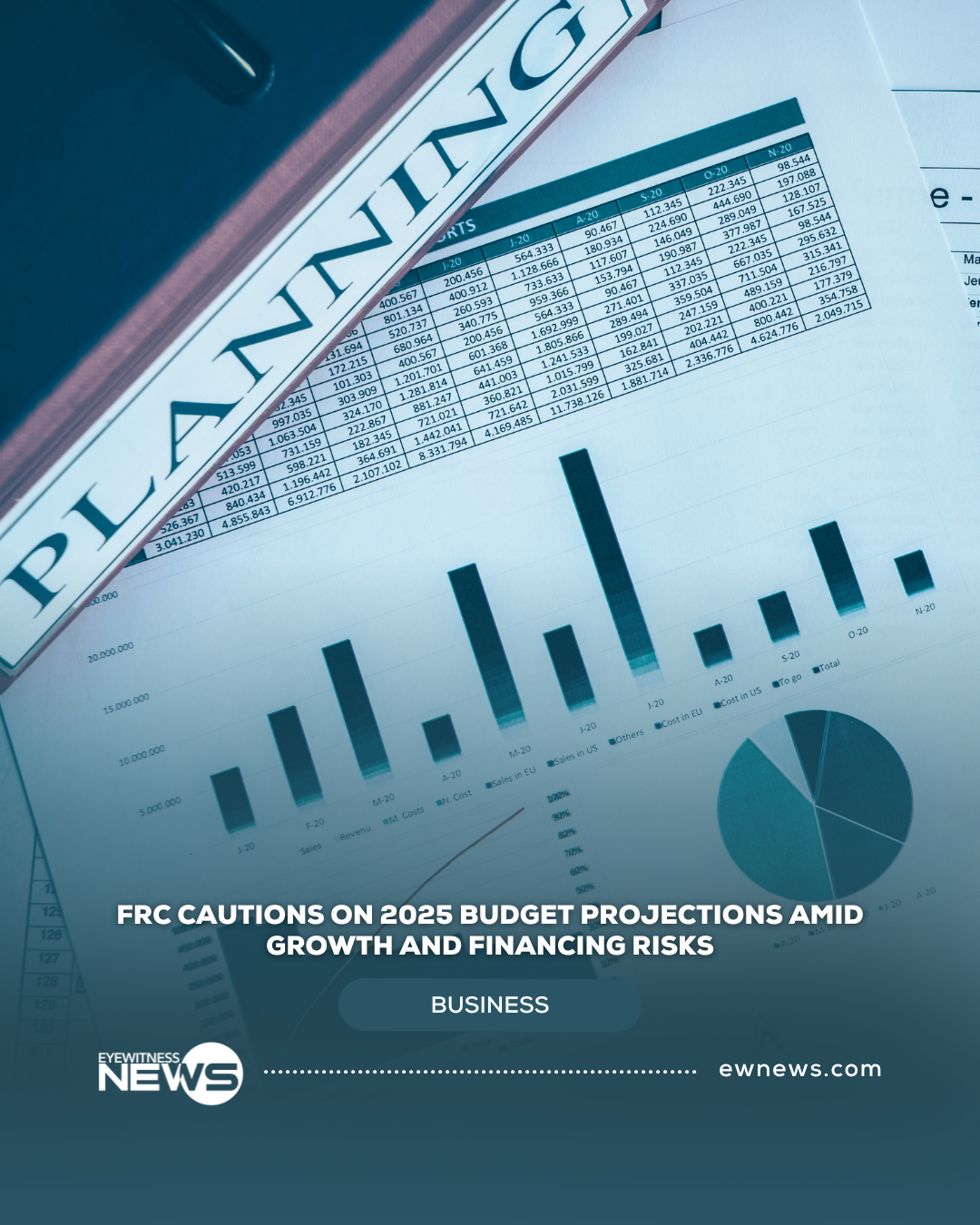NASSAU, BAHAMAS — The Fiscal Responsibility Council (FRC) has cautioned that the Government’s 2025 fiscal strategy takes “an aggressive stance on revenue buoyancy” and raised concerns over capital expenditure being shifted from central government accounts and the reliance on short-term financing, which could increase fiscal risks
In its review, the council said the $3.9 billion revenue target for 2025/26would require carefully designed policies and strict expenditure controls. “The targeted increase for FY 2025/2026 of approximately 2.9 percent of GDP over the prior fiscal year is aggressive. Effectively designed policies and interventions to enhance revenue mobilisation and manage expenditure will be essential,” the Council stated.
The FRC also took issue with the Government’s decision to revise near-term targets without altering its medium-term revenue goal of 25 percent of GDP. “The projected 23.6 percent of GDP revenue outturn for FY 2025/2026 would be more appropriately defined as a deviation from the established target, for which the Government should account as provided by Section 25 of the PFMA,” the Council said. “A failure to achieve a target should not prompt a change to a target, if the principles underpinning that established target are unchanged.”
The Council criticised the lack of detail on the fiscal impact of new and ongoing tax measures. “Revenue projections or targeted collection and implementation timetables associated with all tax policy and other revenue measures should be provided,” the report stated. It argued that the reduction in VAT on essential goods was poorly targeted, adding: “A more efficient and equitable alternative approach… would have been the implementation of targeted subsidies for the intended high-risk groups while reducing potential revenue losses.”
Expenditure pressures remain a concern, particularly pensions, gratuities and the costs associated with state-owned enterprises. “Spending on pension and gratuities is significant. Reform of the Government’s pension scheme is critical,” the Council noted, adding that SOE rationalisation and energy sector restructuring must also continue.
On capital spending, the watchdog warned against shifting obligations away from the central government. “Capital spending that has been shifted from the Central Government, and thus not financed as part of the Government’s fiscal operations, should not be included in fiscal targets that are based on those operations,” it said.
The report also flagged risks tied to debt management and financing. While welcoming steps to build sinking fund reserves, the Council cautioned that “financing through short-term central bank advances exacerbates refinancing risk. Developing the domestic capital market to bolster domestic financing through bond issues at longer tenors is essential.”
It pressed for greater disclosure on the Government’s growing use of public-private partnerships, stating: “PPPs are an area where clarification on the structuring, the nature and quantum of the Government’s obligations under each PPP arrangement, potential risks to the Government of entering into such arrangements and the attendant impact on the budget and debt levels would be beneficial.”
The FRC further noted that external pressures could derail fiscal execution. “The amplification of geopolitical tensions including the ratcheting up of trade tensions among major economies has increased global financial stability risks and resulted in greater uncertainty in financial markets and generally tighter financial conditions, which presents upside risks to interest rates,” the Council warned. It also pointed to the IMF’s downward revision of U.S. growth forecasts, saying this “suggests potential downside risks to growth” for The Bahamas.
The FRC concluded that Fiscal Strategy Report 2025 largely meets the PFMA’s reporting requirements and aligns with established standards for presenting macroeconomic and fiscal outcomes. While noting that the budget’s key components are broadly in line with projections, the FRC cautioned that revenue risks—particularly from potentially muted VAT collections—could affect targets. Medium-term fiscal consolidation remains a priority, supported by tax compliance measures, SOE rationalization, and targeted public expenditures, though achieving aggressive revenue and fiscal targets will require continued reforms and careful debt management, including consideration of contingent liabilities from guarantees.






